Willie Nelson You Are Are My Sunshine Here We Go Again
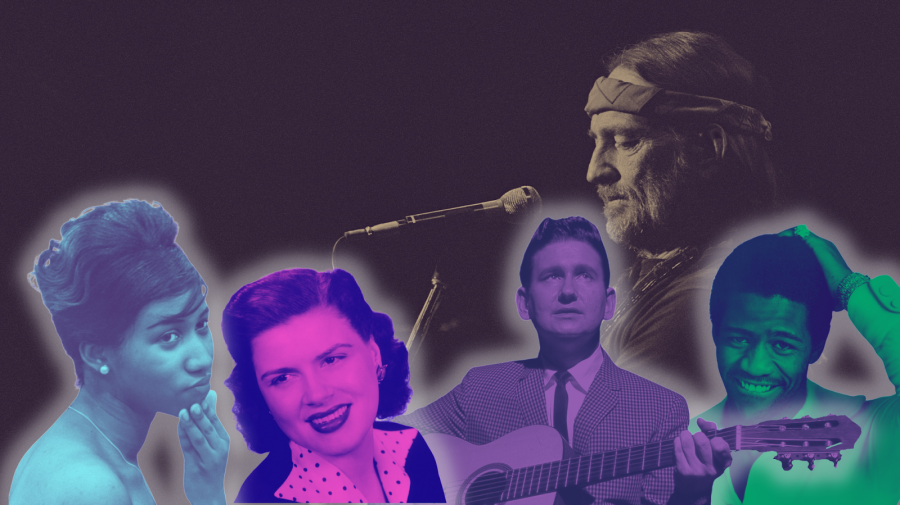
It'southward Willie Nelson's birthday, and in honor of his 89th spin effectually the sunday, he's got a make new anthology out chosen A Beautiful Time. Nelson, a.thousand.a. The Ruby Headed Stranger, is famous for tons of unlike reasons beyond music — he's got his own cannabis brand, and he's politically active on lots of different fronts. He's been a supporter of marriage equality, creature rights, and recently even updated his song "I'll Be Seeing You" every bit a PSA for COVID-19 vaccination efforts.
At his cadre though, Willie Nelson is a songwriter. His new unmarried, "I'll Love You Till the Day I Die," is just the latest gorgeous tune in an outrageously productive career. Nelson got started dorsum in the early 1960s, writing songs that other artists made famous, but A Beautiful Time, amazingly, is Nelson'due south 72nd solo studio album — you don't take to bust out the calculator to figure out that means he's been putting out, on average, more than 1 album per year seemingly since the dawn of time. That's a lot of songs.
With that in mind, permit's accept a tour of some of the best covers of Willie Nelson'south songs. There may be no better tribute to a smashing songwriter than to have a await at the songs they wrote that were iconic in the careers of other artists. With Nelson, that's a long list, merely hither are five of the best ones.
"Crazy," Patsy Cline (1961)
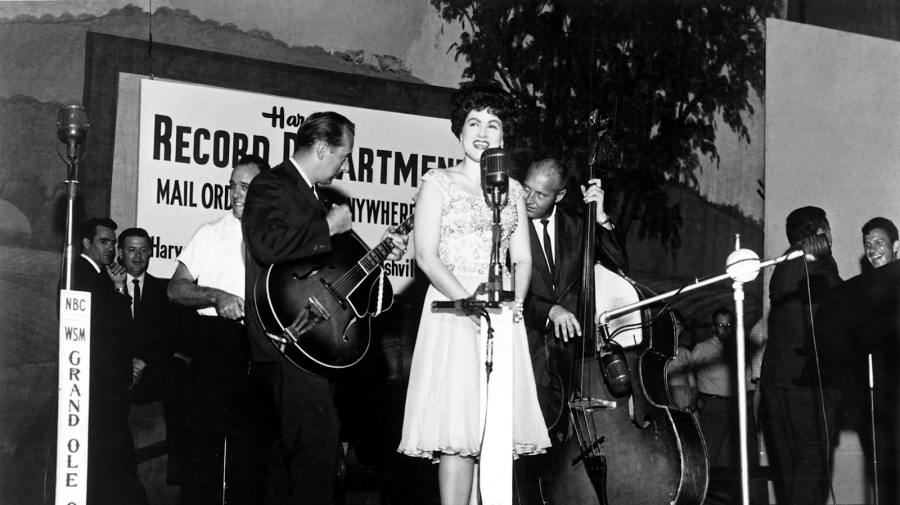
When producer Owen Bradley brought the demo for "Crazy" to Patsy Cline, she wasn't impressed. Willie Nelson was non a well-known creative person at the fourth dimension, but Bradley felt that the song would be a good pick for Cline. She gave it a shot, despite however suffering from the effects of a serious machine blow the month earlier that nearly killed her and her brother.
On the beginning laissez passer, Cline cut the session short, saying she couldn't sing upwardly to her standards, but she returned days later and recorded the vocals, legendarily, in merely one take. The recording became so popular that for a long time it was the 2nd most pop song on jukeboxes in the U.S., merely behind Elvis Presley'southward "Don't Be Brutal." Information technology's an aching, gorgeous song. It'due south been covered by everyone from Linda Ronstadt to Diana Krall, and Willie himself has recorded it too, but Cline's version is the 1 that rises above all the residual.
"Funny How Fourth dimension Slips Abroad," Al Green (1973)
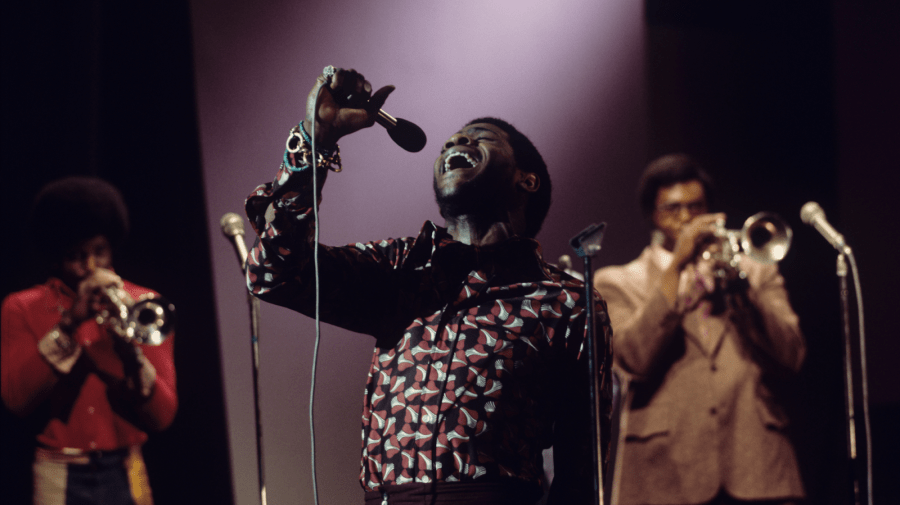
Willie Nelson wrote "Funny How Time Slips Abroad" along with "Crazy" in merely one week, according to legend. This song has been a huge hit for lots of dissimilar artists, merely just as impressively, it's been a hit for artists in different genres. Listening to the original country version past Baton Walker and Brian Ferry's bizarre 1974 version back-to-back will make you lot feel like you're listening to two totally different songs.
It's Al Green's version though — off his 1973 anthology Call Me, which also includes a comprehend of Hank Williams' country masterpiece "I'm So Lonesome I Could Cry" — that'south my favorite. The way Green lets the song slowly build to a crescendo over the class of a full five minutes is simultaneously incredibly moving and really fun. Green makes information technology entirely his, but that's likewise a credit to the malleability of the song — and to the simple, universal entreatment of its bulletin.
"Night Life," Aretha Franklin (1967)
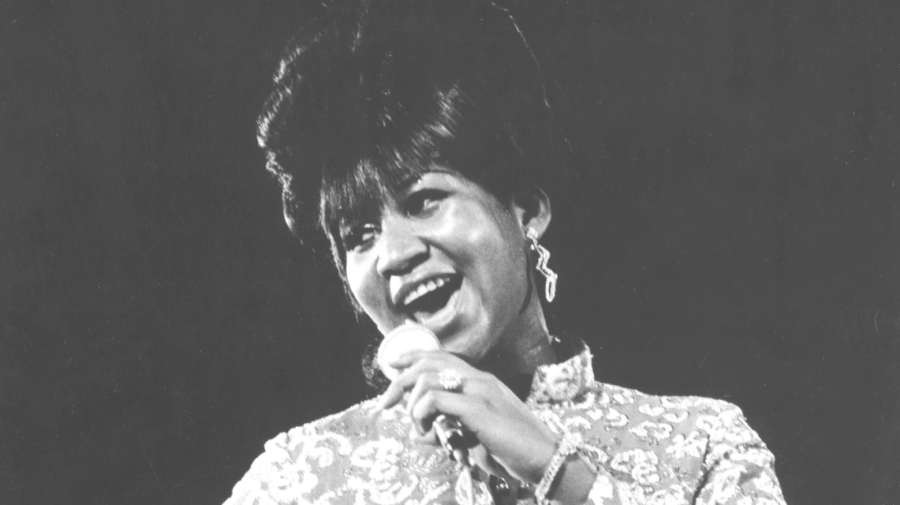
It's so difficult to choose just ane cover of "Night Life," a song Willie Nelson wrote in the tardily 1950s in Texas. Information technology seems like every songwriter ends up getting around at some point to writing a vocal about how life in show concern isn't easy, and this is i of the greats of that theme. That'south probably why so many artists accept taken a shot at recording it. From Marvin Gaye to B.J. Thomas, in that location are countless splendid renditions.
Aretha Franklin'due south version is the one that stands out most, though. Ostensibly a song nigh a quiet, lonely moment, Franklin'due south singing has a kind of defiance to information technology. When she sings, "Listen to the blues and what they're proverb," it cuts correct to the middle. You lot tin can't assist merely practise what she says. It'southward world's away from the quiet, resignation of Nelson's version; both are gorgeous, only Franklin's is explosive and anthemic.
"Sad Songs and Waltzes," Cake (1996)
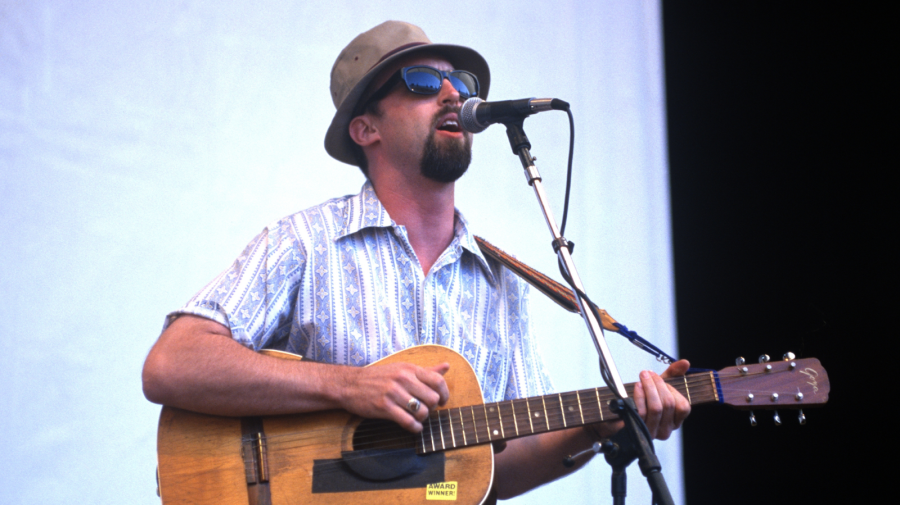
One of my beginning introductions to the songs of Willie Nelson was this cover of "Sad Songs and Waltzes" from Cake's 1996 anthology, Fashion Nugget. This song, which Willie Nelson wrote for his 1973 album, Shotgun Willie, is ane of those tunes that feels like it was destined to have been written at some point. Information technology's such a unproblematic idea — the singer lamenting the fact that the song he'southward singing probably won't always exist heard by the person he needs to hear it. Information technology's a swell song well-nigh a feeling we all know well: feeling bad for yourself. Sometimes you lot need a song to run across you through.
Cake's version is somehow both heartfelt and tongue-in-cheek — a play a joke on they pulled off elsewhere on Fashion Nugget with their fifty-fifty more famous embrace of Gloria Gayner's "I Will Survive." The sad, lonesome trumpet along with the slow flit rhythm in "Lamentable Songs and Waltzes" is just perfect. Listening to this song, you feel like you're lone in your room feeling lousy, simply, like, in a adept way!
"Pretty Paper," Roy Orbison (1963)
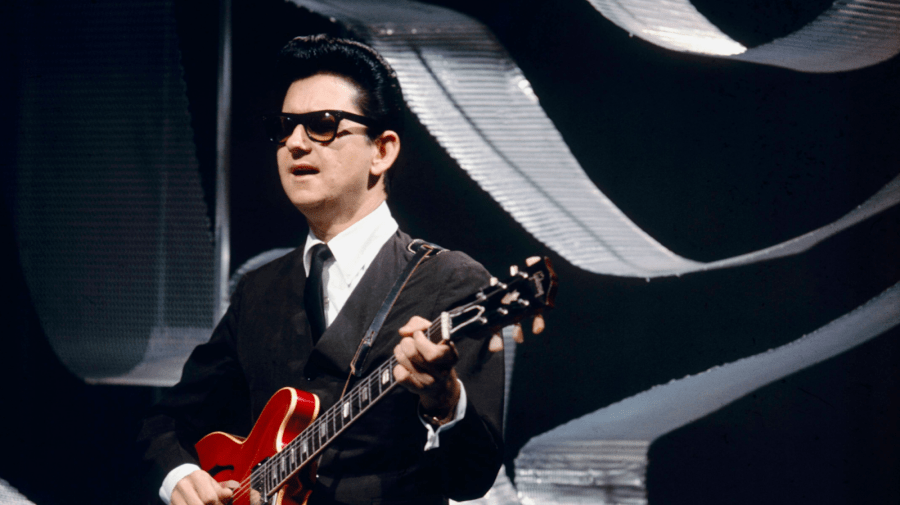
"Pretty Newspaper" is a footling miracle of a song — one of the rare Christmas standards that somehow works every bit a regular ballad, too. The vocal, written in 1963, is almost a disabled man Willie Nelson frequently saw years earlier selling paper and ribbons on the sidewalk in Fort Worth, Texas. The man would shout, "Pretty paper!" to go the attention of passersby, and Nelson always found it all very moving.
Orbison'south version of this song showcases his astonishing and unusual voice, all while working as a perfect Christmas song that'due south full of rising strings and what sounds like a chorus of angels singing backup harmonies. Willie'south own version, of course, is a little more pensive and understated, and it's gorgeous, but Orbison's version is the reason this song became a Christmas classic.
Source: https://www.ask.com/culture/willie-nelson-songwriter-best-covers?utm_content=params%3Ao%3D740004%26ad%3DdirN%26qo%3DserpIndex
0 Response to "Willie Nelson You Are Are My Sunshine Here We Go Again"
Post a Comment